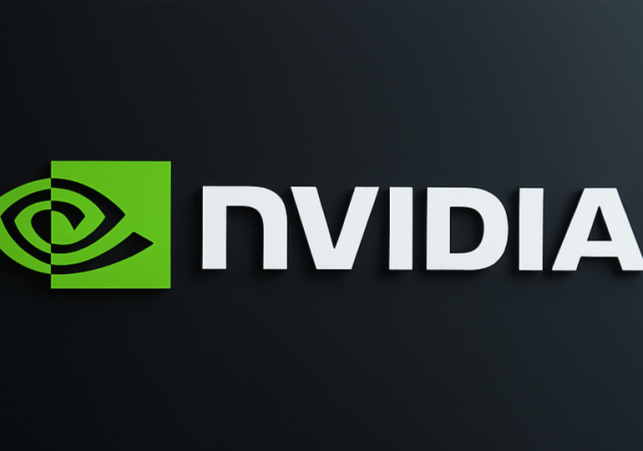

Nvidia posted another record-breaking quarter in 2025, with sales surging on the back of booming demand for artificial intelligence (AI) chips. But despite beating Wall Street expectations, the company’s stock slipped as investors weighed slowing momentum and heavy dependence on a handful of major buyers.
Nvidia reported $46.7 billion in revenue for the second quarter of its 2026 fiscal year, a 6% increase from the previous quarter and a 56% rise compared to a year ago. The bulk of this growth came from its data center segment, which generated $41.1 billion in sales as global tech giants snapped up Nvidia’s Blackwell AI processors to power their cloud and AI services.
The company’s gaming division also posted strong results, recording $4.3 billion in sales, up 49% year-on-year. Much of this came from the launch of the RTX 50-series graphics cards, which alone contributed a record $4.28 billion in gaming revenue.
Concentrated Customer Base
Nvidia revealed that two buyers accounted for 39% of total sales in the quarter with one contributing 23% and another 16%. Four other customers made up between 10% and 14% each, underscoring the company’s heavy reliance on a small group of hyperscale clients.Analysts warn that this concentration poses risks if any major partner reduces orders or switches to competing hardware.
Market Reaction
Despite the blockbuster sales, Nvidia’s shares dropped about 3% in after-hours trading, as investors reacted to concerns about slower-than-expected growth in the data center business and uncertainties in the Chinese market. Gross margins also slipped to 72.4%, down from 75.1% a year earlier, as competition intensifies and rivals push into the AI chip space.To reassure investors, Nvidia announced an additional $60 billion stock buyback program, signaling confidence in its long-term prospects.
Outlook
Nvidia remains the clear leader in AI infrastructure, but challenges loom. Export restrictions on its China-focused H20 chip could cost the company billions, while rivals such as AMD and custom AI hardware startups are racing to capture market share. Still, demand for advanced chips shows little sign of slowing, and Nvidia’s dominant position in both AI and gaming gives it a powerful edge heading into the rest of 2025.